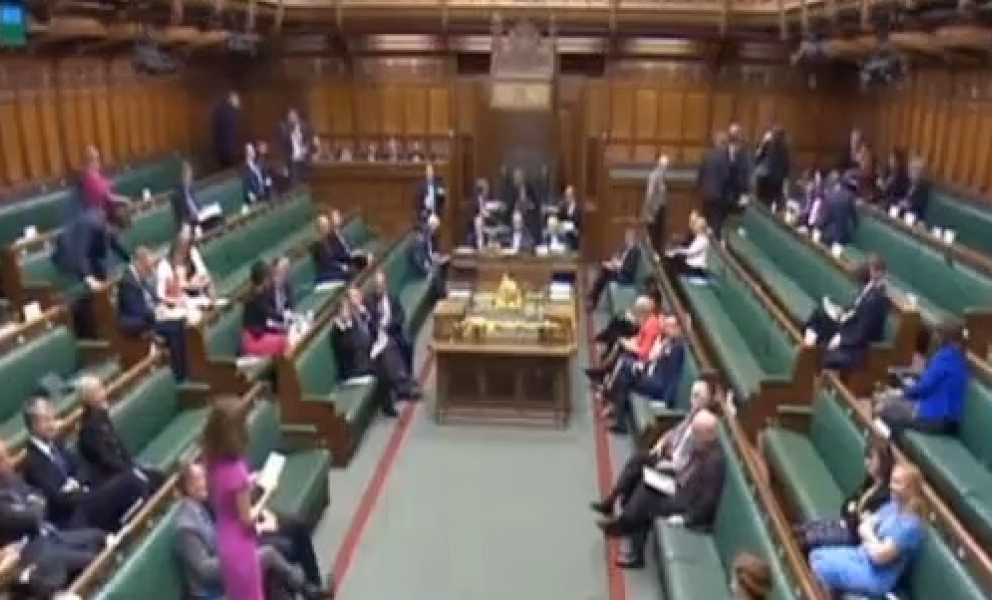Theresa Villiers, MP for Chipping Barnet, has proposed a Bill in Parliament to ban the live export of animals for slaughter overseas. Last week, she was given permission by MPs to present a Ten Minute Rule Bill on this issue. Although the Ten Minute Rule procedure rarely leads directly to legislation, it is used as a means to highlight important issues and make the case for change.
Speaking after the debate on her Bill on 25th October, Theresa Villiers said: “I very much welcome the support given to my Bill to ban live exports. A number of my constituents want this cruel trade banned because of the unnecessary suffering it caused to many of the animals involved. I am asking the Government to include a ban in the legislation on food and farming which they will bring forward next year.
Some countries in Europe have weaker rules on animal welfare than we do; and the rules that do apply are sometimes poorly enforced. Journeys lasting many hours can be stressful for the animals and in some cases they can result in great suffering caused by overcrowding, high summer temperatures and injuries sustained en route.
France is the destination for many of the sheep exported from the UK. Film reports by the organisation L214 have revealed inhumane and illegal slaughter practices in French slaughterhouses. It is not acceptable for the UK to send animals to die in such horrendous conditions.
Up to now, attempts to ban live exports have been blocked in the European Court of Justice. Now that the UK has voted to leave the EU, we have the opportunity to make our own decision on this issue. We should put a prohibition on live export on the statute book now to come into effect on ‘exit day’ when the UK leaves the EU. The time has come to end this inhumane, unnecessary trade which has no legitimate part to play in modern farming. Exports should take place on the hook not the hoof.”
Theresa Villiers is working with a range of MPs from different political parties on this campaign, along with animal welfare organisations such as Compassion in World Farming, the RSPCA, and the Conservative Animal Welfare Foundation.



